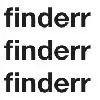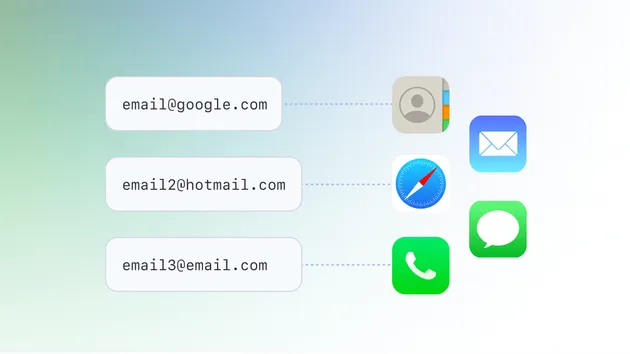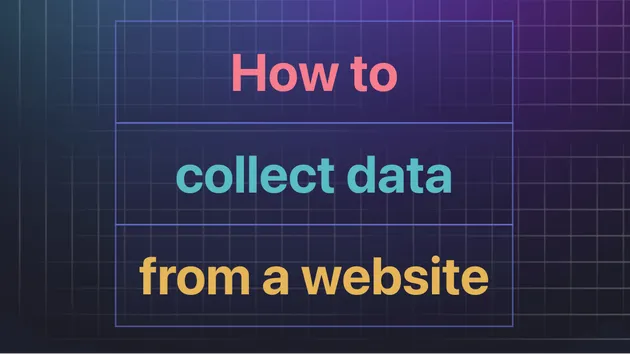🔥Outreach Lead Generator 🚀
Pricing
$10.00 / 1,000 steps
🔥Outreach Lead Generator 🚀
Under maintenanceFind new customers for your product or service by automatically contacting them with your personal message via automated contact form submission. You can submit any kind of content and also define how to search and which search engines to choose. 📧🚀similar to GSA but packed with AI technology!
0.0 (0)
Pricing
$10.00 / 1,000 steps
6
22
4
Last modified
a month ago





